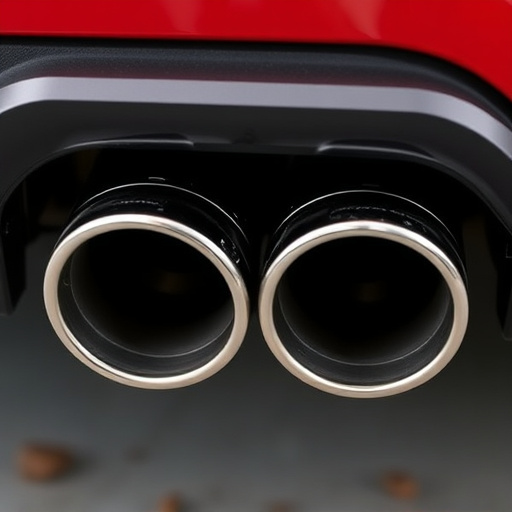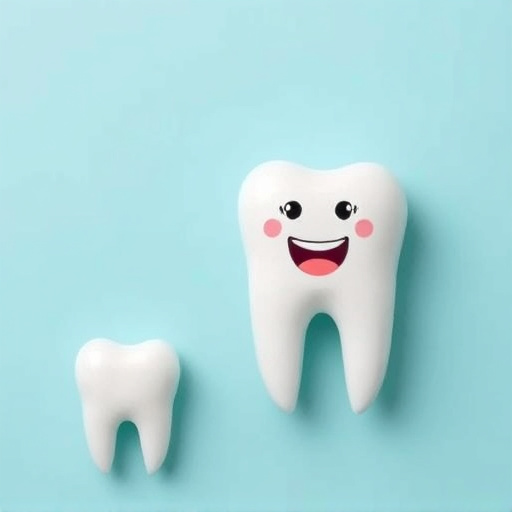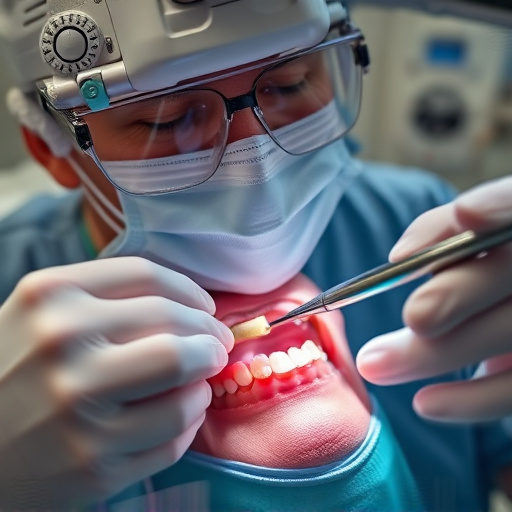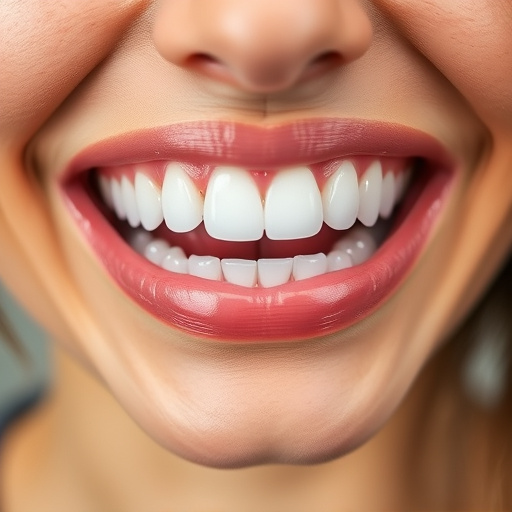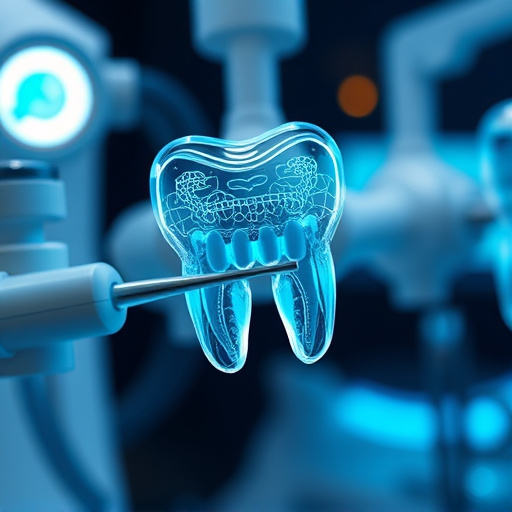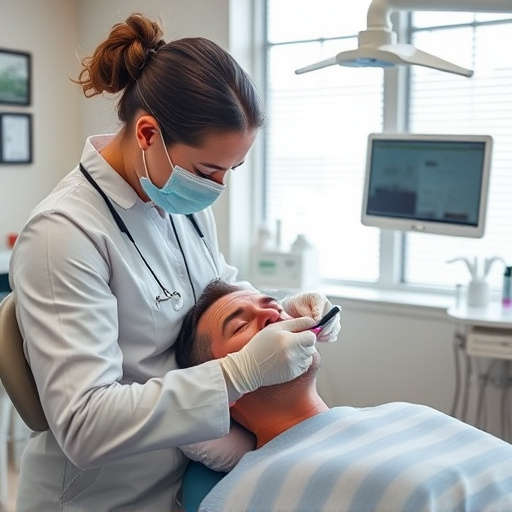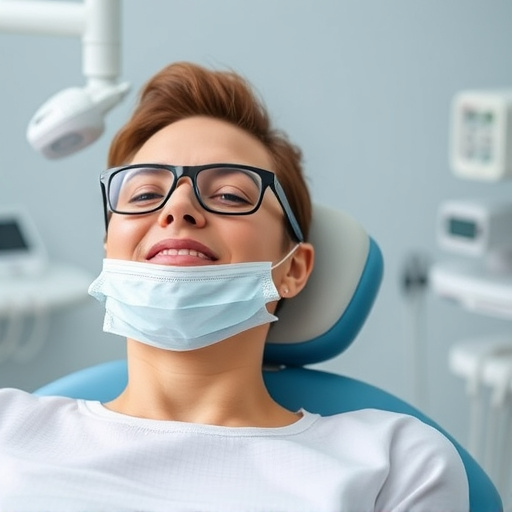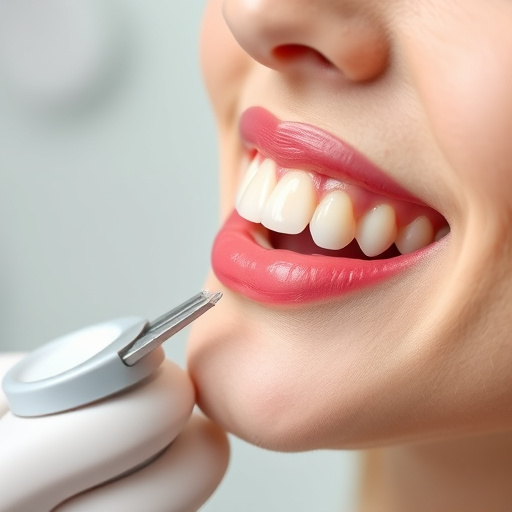Dental checkups and cleanings are key preventive measures for optimal oral health, saving costs by preventing complex treatments through early issue detection and removal of plaque buildup.
Dental checkups and cleanings are not just about maintaining a bright smile; they serve as the cornerstone of preventive care, safeguarding your oral health. Regular dental visits, combined with professional cleanings, play a pivotal role in removing plaque and tartar buildup, which can lead to costly dental issues if left unchecked. By prioritizing these essential practices, you’re not only ensuring a healthy mouth but also reaping significant cost savings on future treatments.
- Preventive Care: The Foundation of Dental Health
- Regular Cleanings: Removing Plaque and Tartar Buildup
- Cost Savings: Avoiding Intensive Future Treatments
Preventive Care: The Foundation of Dental Health

Dental checkups and cleaning are fundamental components of preventive dentistry, forming the bedrock of optimal dental health. Regular visits to your dentist enable early detection of potential issues before they escalate into costly and complex treatments. During these appointments, professional cleanings remove plaque buildup, a sticky film filled with bacteria that can cause tooth decay and gum disease. Dentists also conduct thorough examinations, using advanced tools and techniques to scrutinize your teeth, gums, and mouth for any signs of problems like cavities, cracks, or infections.
By prioritizing preventive care through dental checkups and cleaning, you not only save on immediate costs but also avoid the need for more extensive procedures in the future, such as dental fillings, crowns, or other restorative treatments. This proactive approach to oral health is a smart investment, ensuring your smile remains healthy, vibrant, and free from the burden of preventable diseases.
Regular Cleanings: Removing Plaque and Tartar Buildup

Regular dental checkups and cleanings are essential for maintaining optimal oral health. During these appointments, dental professionals not only assess your overall mouth condition but also focus on removing plaque and tartar buildup. Plaque is a film of bacteria that constantly forms on our teeth, even after brushing. If left untreated, it can harden into tartar, which is more difficult to remove and can lead to various dental issues like gingivitis and periodontitis.
A thorough cleaning procedure involves scaling, where dental tools are used to gently scrape away plaque and tartar from the tooth surfaces and below the gum line. This not only leaves your teeth feeling smoother but also helps restore their natural shine. By consistently removing this buildup, you can prevent serious problems that may require costlier treatments in the future, such as dental implants, bonding, or even clear aligner therapy.
Cost Savings: Avoiding Intensive Future Treatments

Regular dental checkups and cleanings are a proactive approach to oral health that can significantly reduce future treatment costs. By keeping your teeth and gums healthy through routine care, you avoid more intensive and expensive procedures down the line. A simple cleaning session removes plaque buildup, which is a major cause of tooth decay and gum disease. This preventive measure can save you from costly dental fillings or even emergency dental care due to severe infections or tooth loss.
Moreover, comprehensive dental care during these checkups detects potential issues early on. For example, dentists can identify mild oral health problems that might otherwise require complex treatments like root canals or extractions. Early detection and treatment are always more affordable and less invasive, ensuring your smile remains healthy without breaking the bank.
A consistent dental checkup and cleaning routine is the key to maintaining optimal oral health and safeguarding against costly future treatments. By prioritizing preventive care, regular cleanings, and timely visits, individuals can avoid the need for intensive procedures and significantly reduce their long-term dental expenses. Embracing these practices not only promises a brighter, healthier smile but also contributes to overall well-being by preventing more complex and expensive issues down the line.
